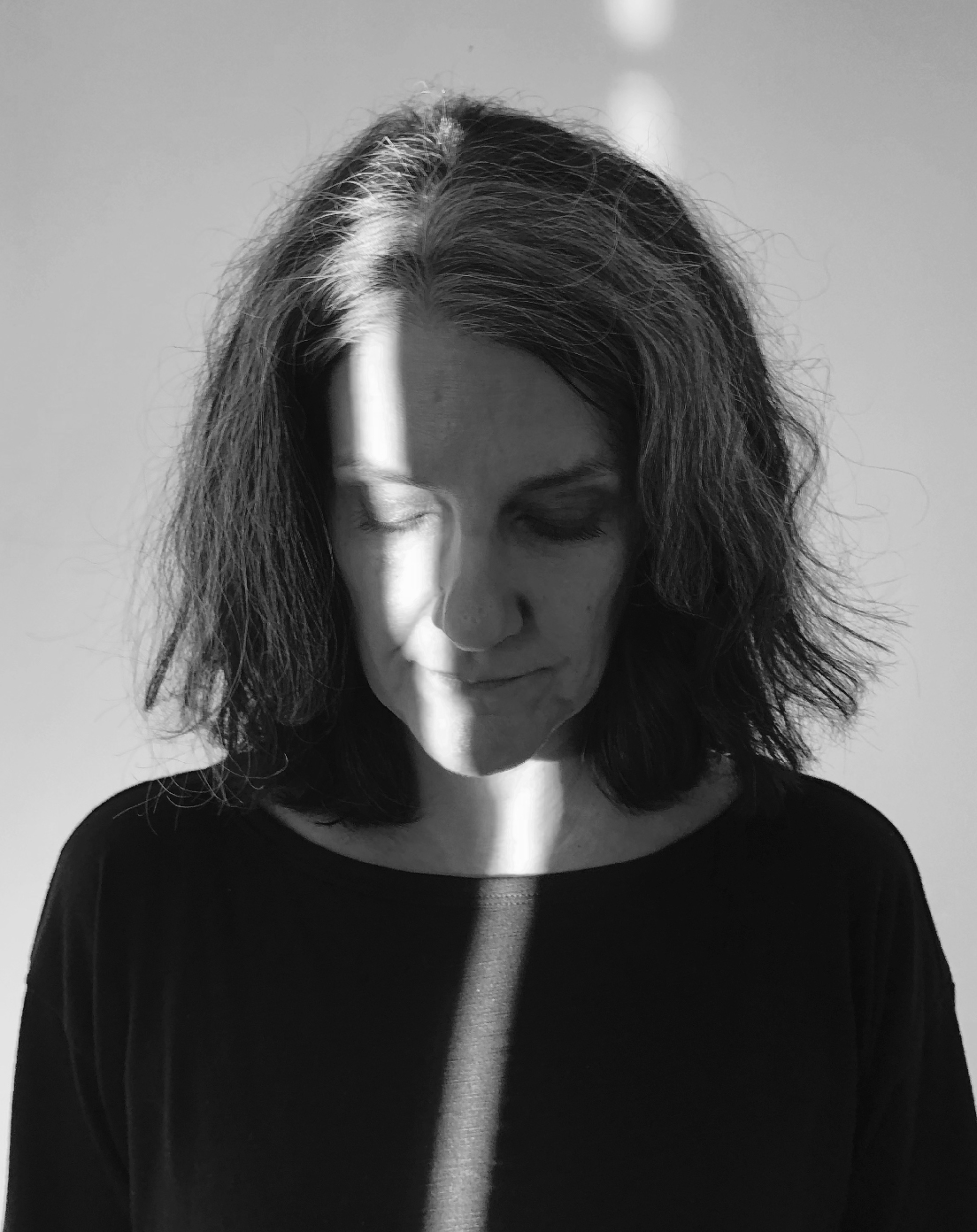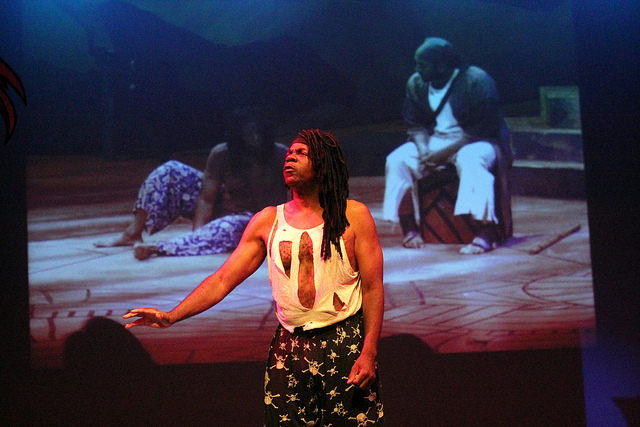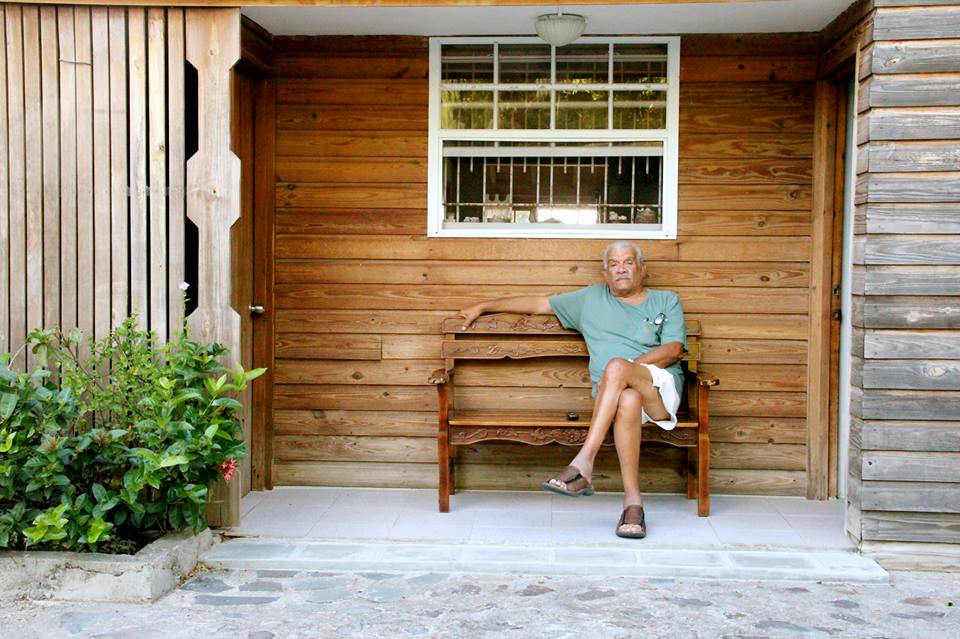…If you know where to look.
We enjoy getting writing advice from our winners because they’re so impossibly good at telling stories. Whether the story is about a 13-year-old girl winning a spelling bee or a look at three Southerners who tried to reinvent themselves in the unfamiliar North, telling a compelling story is the focus.
2004 nonfiction winner Adrian Nicole LeBlanc knows her way around a good story. She was honored for her 2003 work “Random Family,” a look at the decade-long immersion she spent tracing the lives of one Bronx family. Adapted from a presentation she gave at the Conference on Narrative Journalism, here’s her technique for finding stories worth writing:
I like to insert myself in situations – identified as a journalist but not necessarily working on a story – to educate myself. After my book “Random Family” came out, I spoke at conferences for social workers and youth workers. At these conferences, I signed up for every mailing list, so I’d receive notices for their workshops. One was called “How to Handle Traumatized Children.” I attended, not knowing whether it would become a story, but I was sure that by the end of five days there I would have 10 story ideas. An idea might be a simple profile of an interesting social worker. Or it could be an analysis of how the skill sets that social workers are encouraged to adopt both liberate and confine them.
I keep story files. I clip and file whatever strikes me: new slang words, fashions, particular towns and neighborhoods, someone’s turn of phrase. My idea files are full of things that interest me, in ways that often aren’t clear to me. Some story ideas hit me immediately when I meet a person who engages my interest. Other ideas take years to develop in my mind, and even longer to sell to an editor. My story files provide the ammunition to convince an editor, to explain why a story is worthwhile. They allow me to draw from a whole pack of information, not just one or two anecdotes.
Major stories come to me through my straying curiosity. Even as I lose myself in that story, I’m keeping track of new people and ideas that surface during the fieldwork – half hunches and ideas that I hope to explore, eventually.


